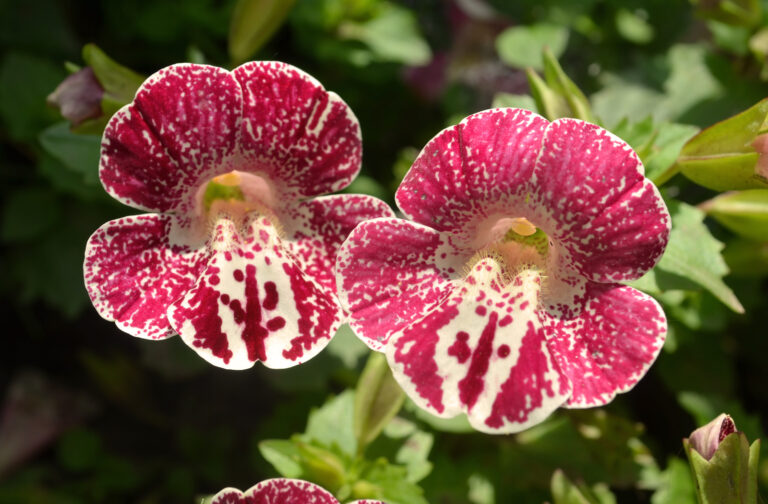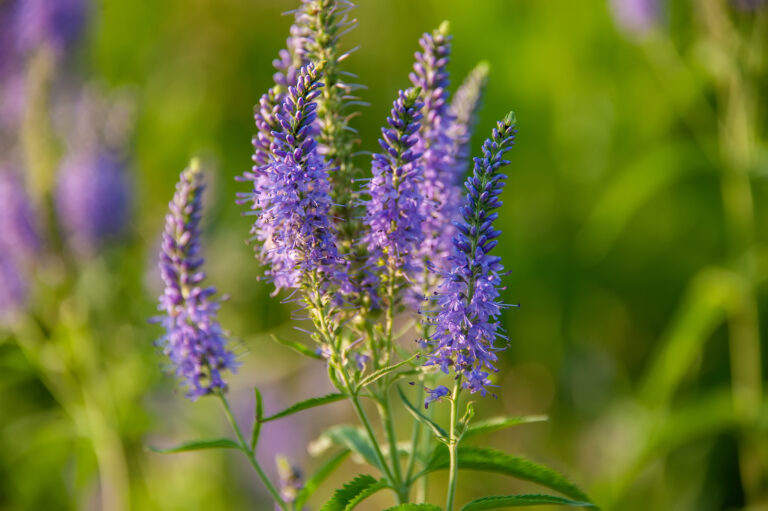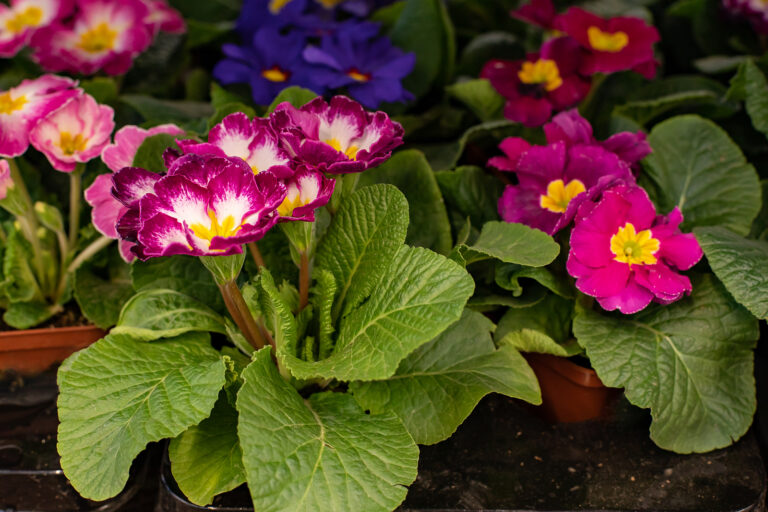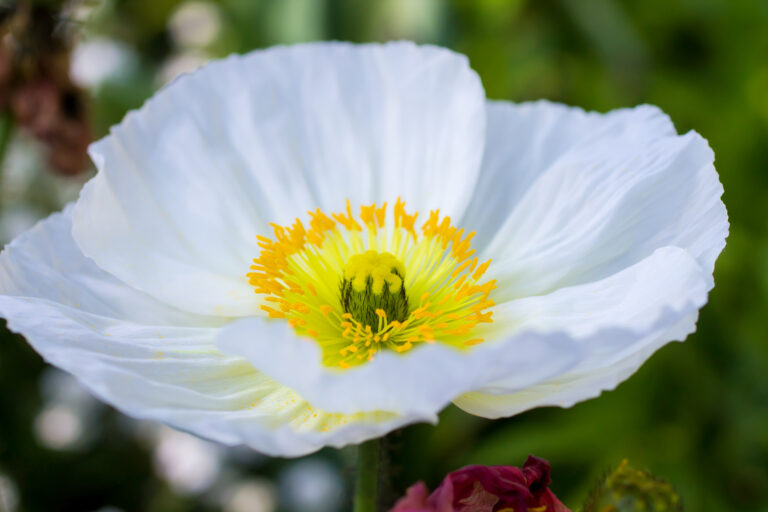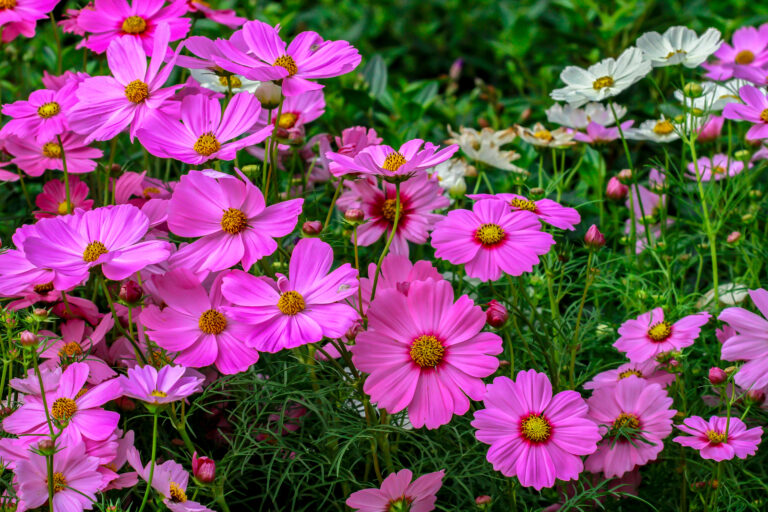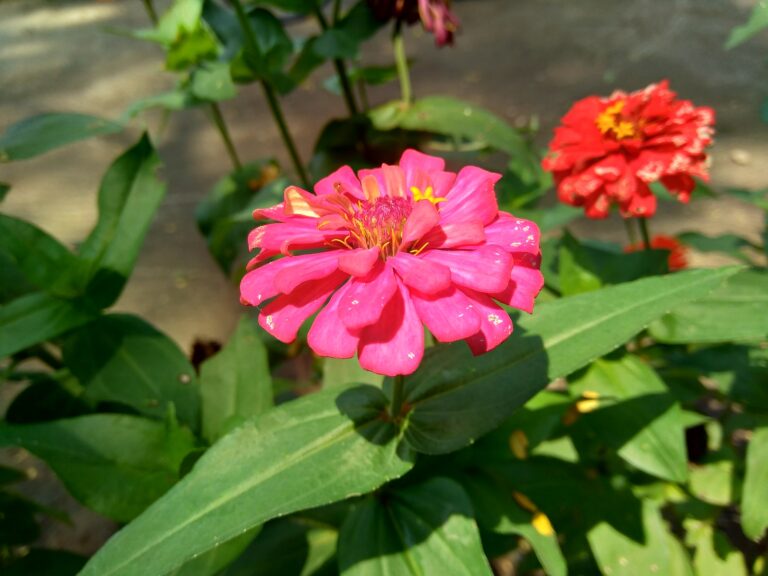How to Grow and Care for Monkey Flower — Mimulus
Mimulus–commonly called monkey flower–is a spreading perennial commonly grown as an annual. Mimulus produce dragon-like two-lipped flowers that cover the plant from summer to early fall. Flowers bloom in shades of red, pink, yellow, and orange. Flowers are often spotted with contrasting colors. The Mimulus genus includes about 150 species of annuals, perennials, and shrubs….

